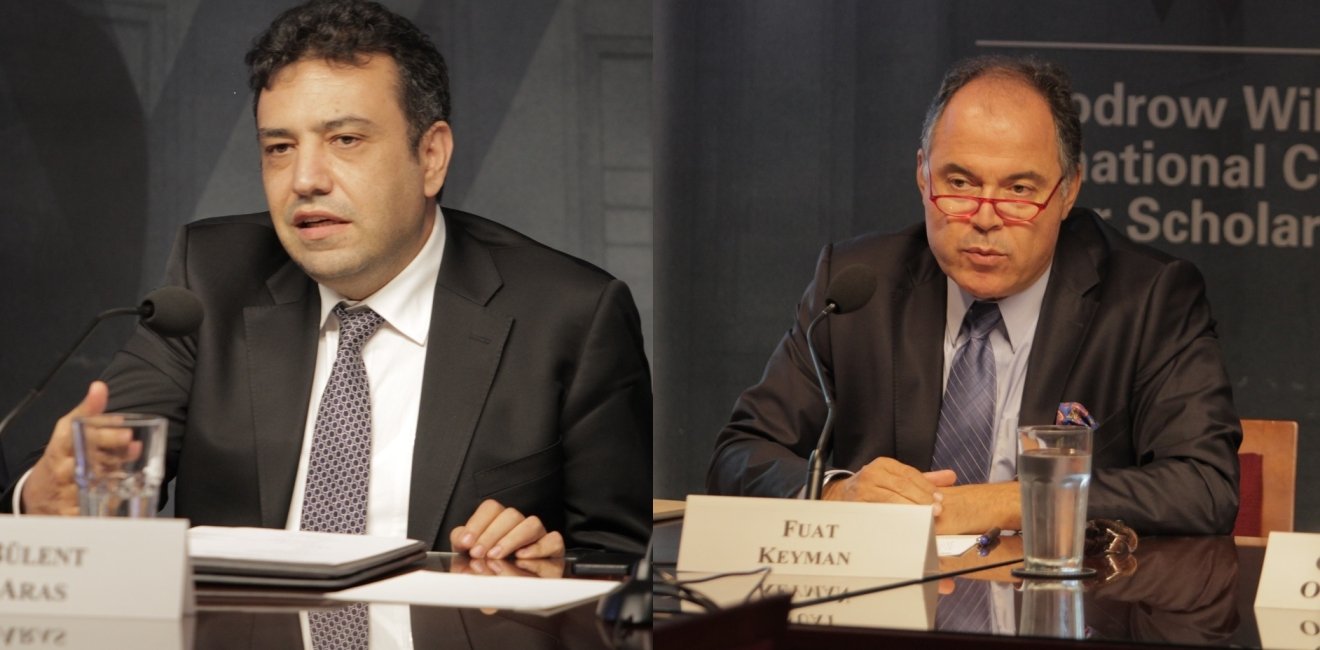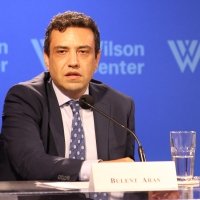In their article “Turkey after Elections: Iranian Nuclear Deal, Kurdish Peace Process and the Fight against DAESH”, Global Fellow Bülent Aras and Fuat Keyman, Director of the Istanbul Policy Center, discuss the changes in Turkey’s political climate and the implications of forming a coalition government following elections in June. They argue Turkey will be better off forming an AKP-CHP coalition government as opposed to waiting until 2016 to do so. Going forward, such an alliance will be best prepared to handle domestic tensions and address regional issues such as the Iran nuclear deal, the Kurdish issue, the Greek Crisis, and the threat posed by ISIS, or DAESH. The authors also outline possibilities for Ankara if the AKP and CHP are unable to reach an agreement. In the end, they argue, Turkey should be prepared to become an important regional actor that can encourage compromise, peace, and economic growth, both internally and externally.






